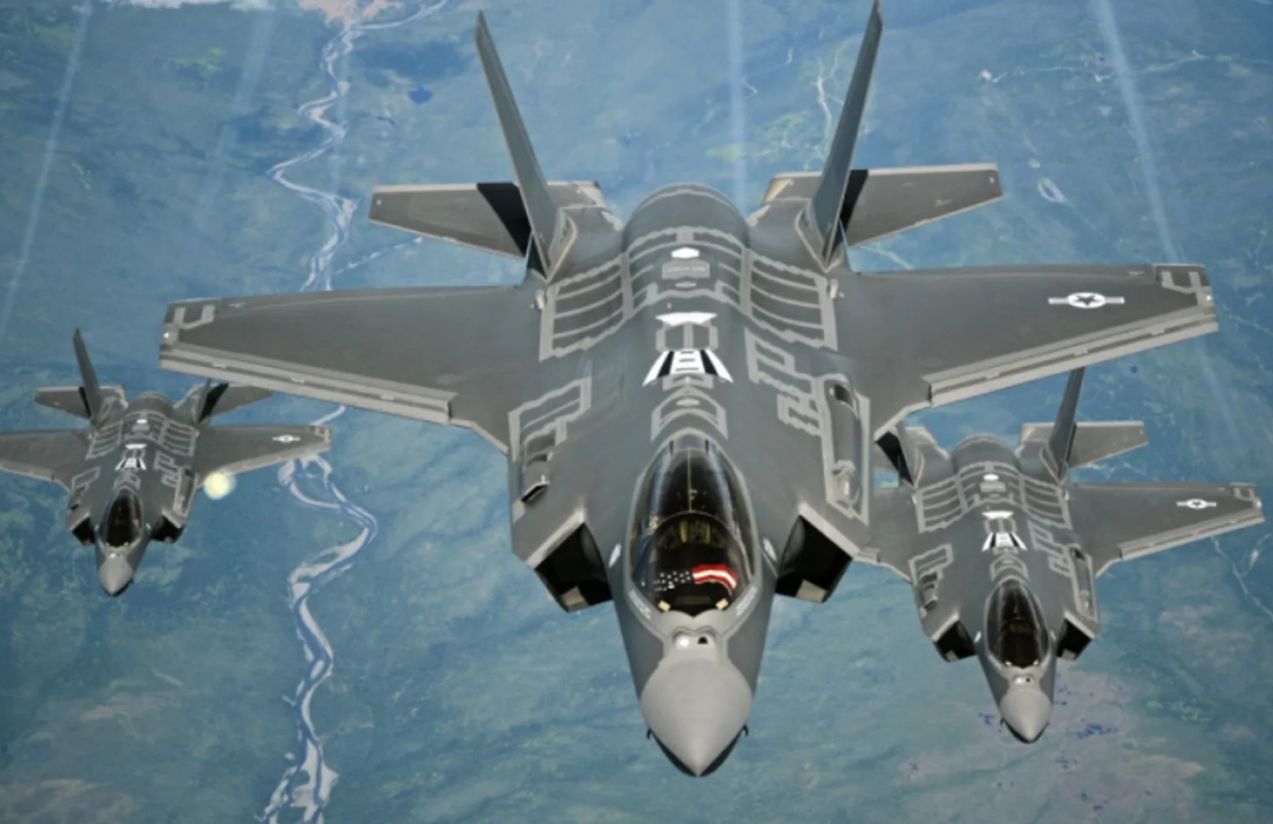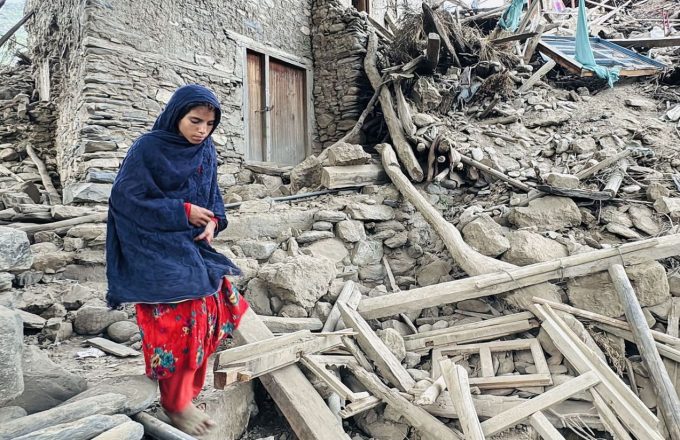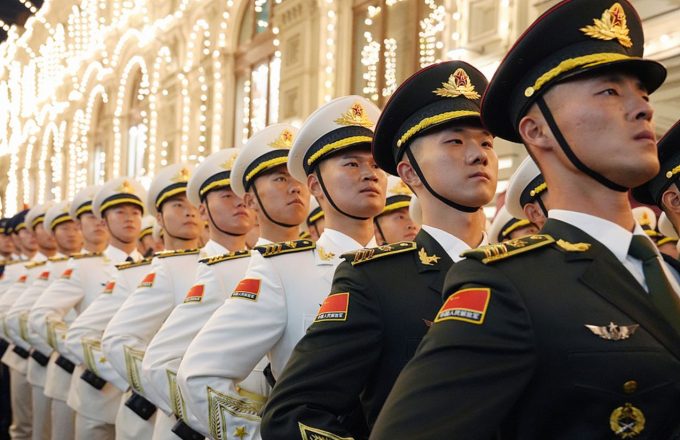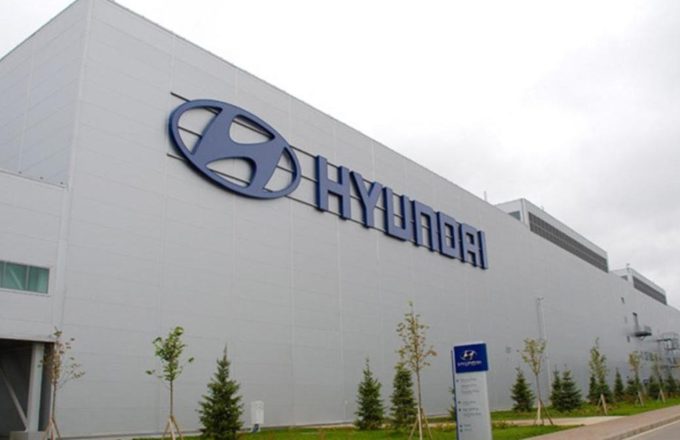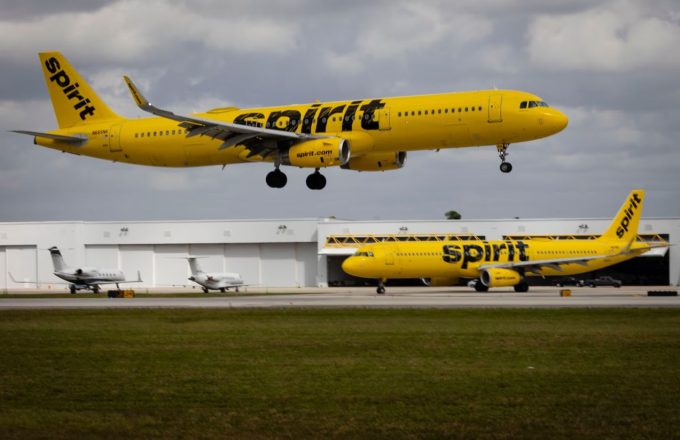In a decisive expansion of its anti-drug offensive in the Caribbean, the United States has deployed ten F-35 fighter jets to an air base in Puerto Rico. According to officials, the move is part of a broader strategy to deter organizations labeled as narco-terrorist groups, particularly those linked to Venezuela.
This action follows a recent military operation in which U.S. forces intercepted and destroyed a vessel accused of transporting drugs from Venezuela. That mission left 11 dead and triggered Washington’s decision to intensify its military presence in Caribbean waters.
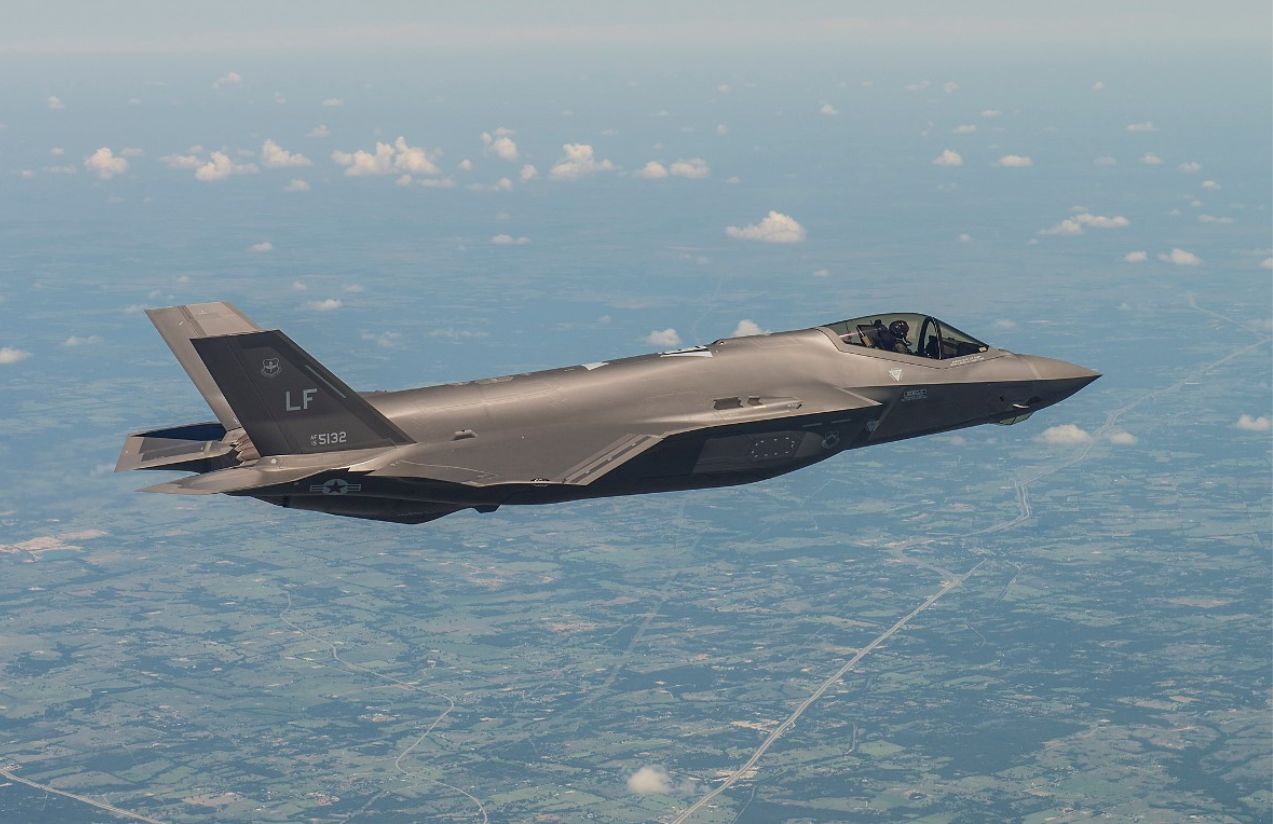
In addition to the F-35 jets, the United States has deployed several destroyers, a nuclear submarine, and more than 4,500 troops, including an amphibious fleet. The air and naval buildup comes amid heightened tensions after two Venezuelan F-16s flew dangerously close to a U.S. destroyer, an incident the Pentagon labeled as “highly provocative.”
Why is this deployment such a pivotal move in U.S. strategy?
Because it goes beyond combating drug trafficking. It sends a clear message: the U.S. is prepared to leverage its military power to counter what it considers transnational threats and to reinforce its regional influence, particularly as it accuses the Venezuelan government of fostering narcotrafficking.
The deployment marks one of the most significant escalations in U.S. military presence in the Caribbean in recent years, underscoring how the fight against organized crime is intertwined with geopolitics.


